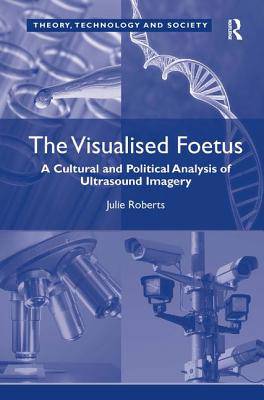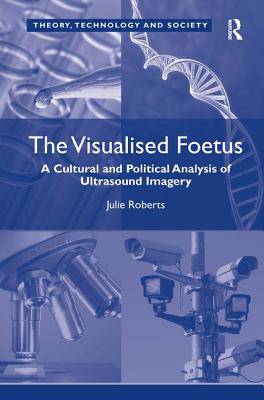
- Afhalen na 1 uur in een winkel met voorraad
- Gratis thuislevering in België vanaf € 30
- Ruim aanbod met 7 miljoen producten
- Afhalen na 1 uur in een winkel met voorraad
- Gratis thuislevering in België vanaf € 30
- Ruim aanbod met 7 miljoen producten
Zoeken
€ 320,95
+ 641 punten
Uitvoering
Omschrijving
The book offers an array of case studies that examine the diffusion of 3/4D ultrasound images beyond the clinic and the implications of this new technology for biopolitics in the European and American context. With attention to the non-diagnostic and commercial use of 3/4D images, the impact of 3/4D ultrasound within the abortion debate, and new claims that ultrasound aids maternal-foetal bonding, The Visualised Foetus demonstrates the tension between the social and medical significances of foetal ultrasound, the pleasures and dangers of foetal imagery for women, the contested status of ultrasonography as 'scientific' imagery, and struggles over the authority to define and interpret ultrasound imagery.
Specificaties
Betrokkenen
- Auteur(s):
- Uitgeverij:
Inhoud
- Aantal bladzijden:
- 176
- Taal:
- Engels
- Reeks:
Eigenschappen
- Productcode (EAN):
- 9781409429395
- Verschijningsdatum:
- 18/12/2012
- Uitvoering:
- Hardcover
- Formaat:
- Genaaid
- Afmetingen:
- 156 mm x 234 mm
- Gewicht:
- 426 g

Alleen bij Standaard Boekhandel
+ 641 punten op je klantenkaart van Standaard Boekhandel
Beoordelingen
We publiceren alleen reviews die voldoen aan de voorwaarden voor reviews. Bekijk onze voorwaarden voor reviews.








